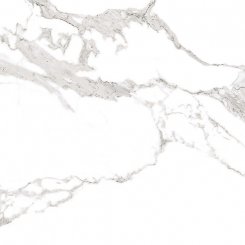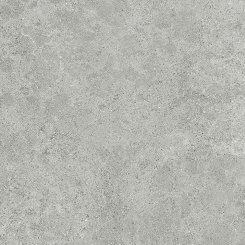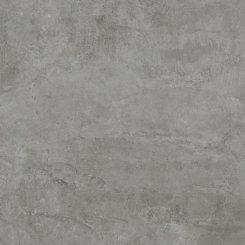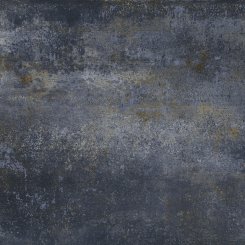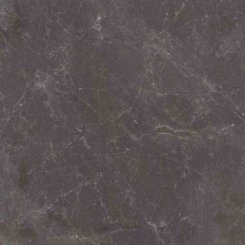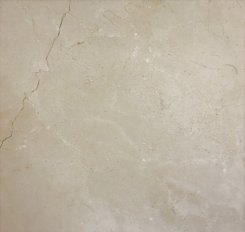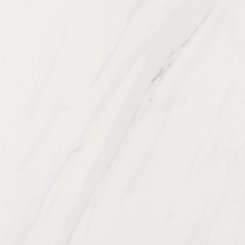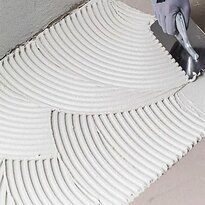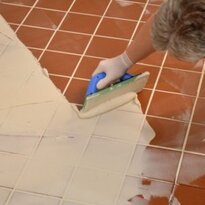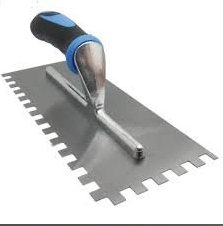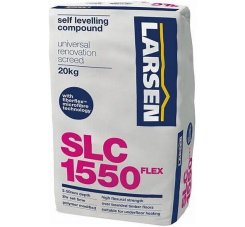Huge reduction on our outdoor tiles
Cleaning bathroom tiles in Hull
Yorkshire is known for its hard water supply, so the cleaning of tiles in Hull and the surrounding areas can be a harder job than in other parts of the country.
And yet with these few simple tips, you'll have your tiles gleaming like new again.
Unfortunately, soap and water are two of the worst substances that can spread on tiles but these preventative measures will help your bathroom to avoid the worst that these can offer.
Soap mixes with body oils to become soap scum, which can leave behind a film residue on bathroom tiles. One way to avoid this is to use shower gel or liquid soap, rather than a standard solid soap.
Or, you can use cleaning products which dissolve the soap scum, making it easy to remove. If your soap scum is quite thick, you could try scraping it off using a plastic putty knife. This won’t damage your tiles and is a useful tool to have in your collection.
Water can cause water spots which can turn into mould on your grout if not treated quickly. There are two ways of curing this; make sure you wipe down and dry your tiles and grout immediately after taking a shower or bath, and use an extractor fan in your bathroom where possible.
If you do find that your tiles are suffering from mould, then vinegar is the trick to use. Soak a sponge in vinegar and wipe down the tiles and grout with it, making sure to saturate the areas that are particularly mouldy. Leave it to soak in for a while and then rub away with a plastic scrubbing brush.
So, if you want your tiles to look as good as when they were first fitted, regular maintenance is the key to a spotless bathroom!


